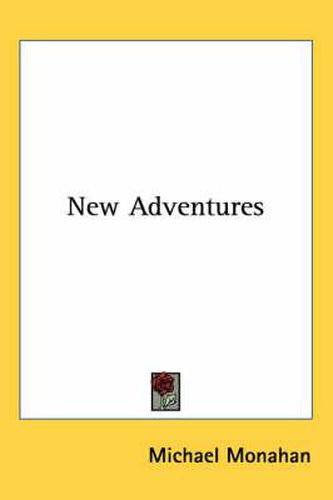Readings Newsletter
Become a Readings Member to make your shopping experience even easier.
Sign in or sign up for free!
You’re not far away from qualifying for FREE standard shipping within Australia
You’ve qualified for FREE standard shipping within Australia
The cart is loading…






Purchase of this book includes free trial access to www.million-books.com where you can read more than a million books for free. This is an OCR edition with typos. Excerpt from book: THE SHAKESPEABE TERCENTENARY An Elizabethan Performance DURING MY visit to town the Shakespeare Tercentenary was in full swing, but it seemed to me that the celebration was a painfully worked-up affair, lacking heart and spontaneous feeling. Writers who knew nothing about Shakespeare?according to Frank Harris, an excellent authority?were rushing into print with more or less valuable contributions. Actors, not specially identified with the Shakespearian drama, were giving interviews in which they protested their passionate attachment to the Bard and their regret for the indifference of the public who have turned their back on the classic tradition. Modest persons, incapable of self-advertisement, were declaring that Shakespeare was their only reading, and ladies of
Society
were graciously appearing in masques and tableaux designed to honour the immortal Man of Avon. There was almost the same apparent furore of enthusiasm which (according to
Mr. Dooley ) once moved the New Yorkpublic to wish to put a fur coat on the Goddess of Liberty in the bay and call her Kipling. Had it been proposed to metamorphose the Statue into a likeness to the Chandos or Droeshout portrait, the public would, I am sure, have been absolutely delighted. But even at that it wouldn’t have proved much for New York’s love and understanding of Shakespeare. I went to the Century Theatre to see the
Tempest, for which production was chiefly responsible Mr. John Corbin (who insisted upon spelling the Bard’s name as Shakspere). It was notable for an attempt to reproduce the stage and dramatic accessories of Shakespeare’s time, and the full text of the play was used without, so far as I could judge, any material omission or expurgation. The experiment was interesting and even praise-‘ worthy, but I do…
$9.00 standard shipping within Australia
FREE standard shipping within Australia for orders over $100.00
Express & International shipping calculated at checkout
Purchase of this book includes free trial access to www.million-books.com where you can read more than a million books for free. This is an OCR edition with typos. Excerpt from book: THE SHAKESPEABE TERCENTENARY An Elizabethan Performance DURING MY visit to town the Shakespeare Tercentenary was in full swing, but it seemed to me that the celebration was a painfully worked-up affair, lacking heart and spontaneous feeling. Writers who knew nothing about Shakespeare?according to Frank Harris, an excellent authority?were rushing into print with more or less valuable contributions. Actors, not specially identified with the Shakespearian drama, were giving interviews in which they protested their passionate attachment to the Bard and their regret for the indifference of the public who have turned their back on the classic tradition. Modest persons, incapable of self-advertisement, were declaring that Shakespeare was their only reading, and ladies of
Society
were graciously appearing in masques and tableaux designed to honour the immortal Man of Avon. There was almost the same apparent furore of enthusiasm which (according to
Mr. Dooley ) once moved the New Yorkpublic to wish to put a fur coat on the Goddess of Liberty in the bay and call her Kipling. Had it been proposed to metamorphose the Statue into a likeness to the Chandos or Droeshout portrait, the public would, I am sure, have been absolutely delighted. But even at that it wouldn’t have proved much for New York’s love and understanding of Shakespeare. I went to the Century Theatre to see the
Tempest, for which production was chiefly responsible Mr. John Corbin (who insisted upon spelling the Bard’s name as Shakspere). It was notable for an attempt to reproduce the stage and dramatic accessories of Shakespeare’s time, and the full text of the play was used without, so far as I could judge, any material omission or expurgation. The experiment was interesting and even praise-‘ worthy, but I do…